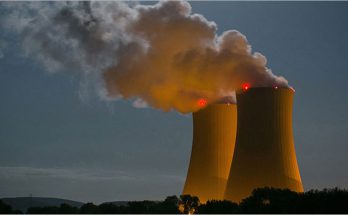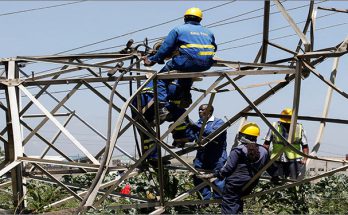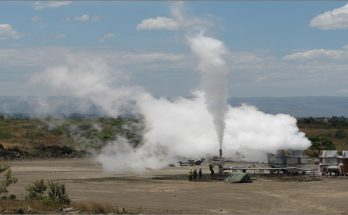 A number of African countries are committing to open their energy sectors in order to draw in investors and provide electricity to 300 million people who do not currently have it in their homes within the next six years. A two-day Tanzanian energy summit, is setting the agenda, “Mission 300”.
A number of African countries are committing to open their energy sectors in order to draw in investors and provide electricity to 300 million people who do not currently have it in their homes within the next six years. A two-day Tanzanian energy summit, is setting the agenda, “Mission 300”.
By 2030, half of those houses should have electricity according to a strategy called “Mission 300” that was introduced by the World Bank and the African Development Bank (AfDB) in April of last year.
According to the initiative’s partner, the Rockefeller Foundation, the drive seeks to bring in at least $90 billion (€85 billion) in financing from multilateral development banks, development agencies, finance institutions, private companies, and philanthropies.
Kevin Kariuki, AfDB’s vice president for infrastructure, stated, “We want to expand and rehabilitate our electricity grids using the least cost possible,” during a two-day energy summit of African chiefs of state in Dar es Salaam, Tanzania’s commercial capital.
An estimated 90 million Nigerians, or 40% of the country’s total population, lack access to electricity. Along with Senegal, Zambia, and Tanzania, the nation is one of twelve that pledged to increase access to national electricity by reforming their electricity utility firms, promoting the integration of renewable energy, and raising targets.
“The nation’s commitments will be used by multilateral development banks and commercial banks represented at the summit to encourage clients to invest in Africa’s energy sectors,” said World Bank President Ajay Banga.



